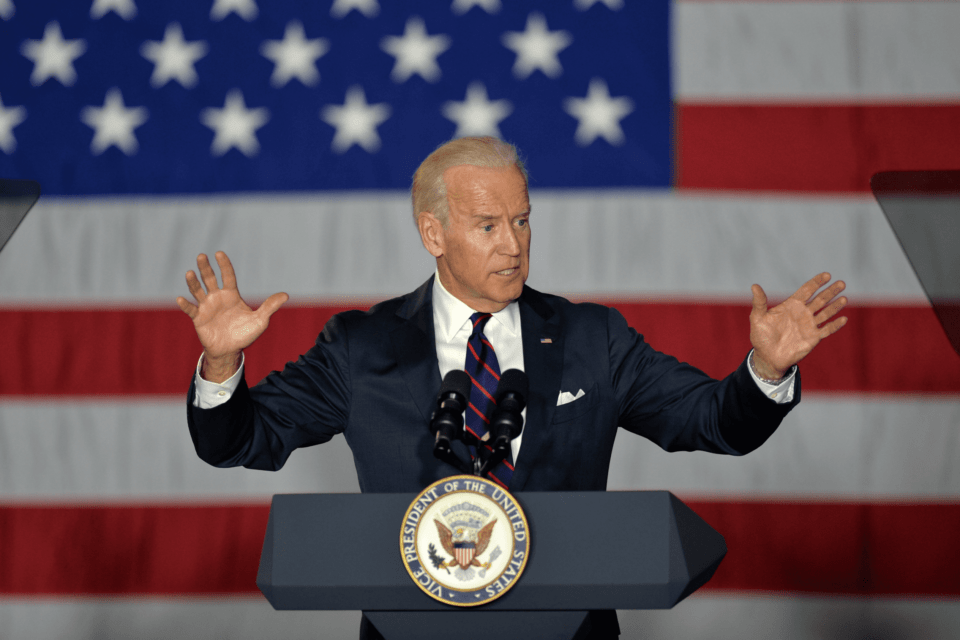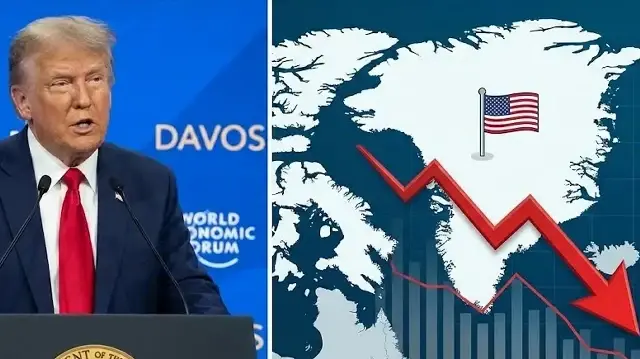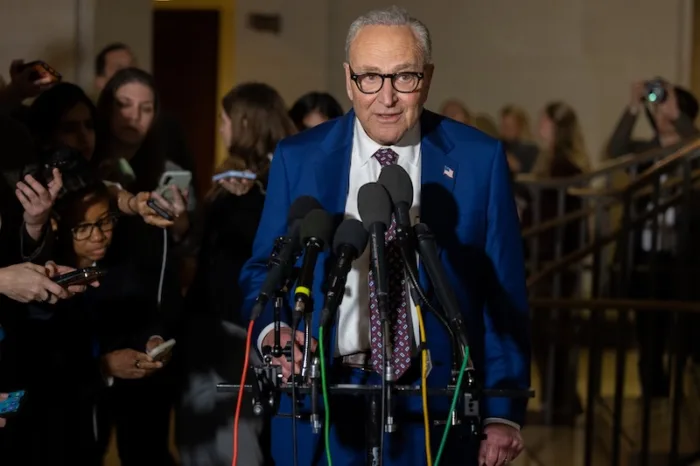Event Summary: The Biden Administration’s Foreign Policy Priorities

On Tuesday, December 15, 2020, the SETA Foundation at Washington, DC hosted a virtual panel of experts to discuss ‘The Biden Administration’s Foreign Policy Priorities.’ The discussion featured Charles Kupchan, professor at the Edmund A. Walsh School of Foreign Service at Georgetown University, and Shadi Hamid, senior fellow in foreign policy at the Brookings Institution. The panel was moderated by Kadir Ustun, Executive Director at SETA DC.
Kupchan explained that his key takeaway from the last four years is not about the rest of the world, but about the US. The most destructive part of the “America first” policy was its unilateralism, which included pulling out of numerous multilateral agreements. Walking away from the US as a democracy that leans in to work with its like-minded friends has been costly to the US. Even with Biden, countries around the world will be asking if they can rely on the US. The Biden administration must address, though, the disaffection that led to the rise of Trump or else he fears that the country could return to another Trump era. As a result, Kupchan expects Biden to invest heavily on domestic affairs like infrastructure and education in order to get its own house in order. Though he anticipates a desire to do less abroad, he hopes this will be filled with a growing diplomatic footprint. On China, many of Trump’s policies will continue in the sense that there will be escalation and tension about issues like geopolitics, trade, and human rights. But he believes it is hard to imagine a return to a free trade effort with Europe or Asia early on. The US may also see more resources put toward nonmilitary, nontraditional security issues like climate. When asked about the role of the State Department, Kupchan insisted that it will go back to being a key player. It may take time to rebuild the ranks but in terms of the way Washington will operate, things will return. With this, he expects the US to go back to having a clear Turkey policy. What has been damaging over the past few years is that nobody has really been guiding the policy between the US and Turkey on the American side.
Hamid made it clear that given the past few years, there is a strong desire for merely intelligent and competent policy makers in Washington. In his eyes, the standards are set very low. When the Biden team gives an impression that the goal is to undo the aberration of the Trump presidency and go back to normal, Hamid wondered if going back to normal is good enough. The more one wants to return to normalcy, the less willing one will be to take unorthodox approaches to foreign policy. So far, Biden has taken a minimalist and uncontroversial approach to foreign policy and has remained relatively quiet on his potential policy toward the Middle East and China. There has been a discernible shift within the Democratic Party that shows that people have given up on the Middle East because it is too messy and difficult. Therefore, Biden does not have much of a desire to say much about the region. He noted that he has some grudging respect for Trump not being bound by orthodoxies and trying new approaches in light of previous failures. But under Trump, Americans were not paying much attention to US foreign policy. Finally, he encouraged future administrations to fundamentally rethink the US’s bad alliances in the Middle East, particularly with Saudi Arabia and Egypt. There need not be a massive footprint in the region but the US can remain engaged. He believes that the Middle East will come back to haunt the US until it formulates a long term vision where it weans itself off its reliance on authoritarian regimes.























